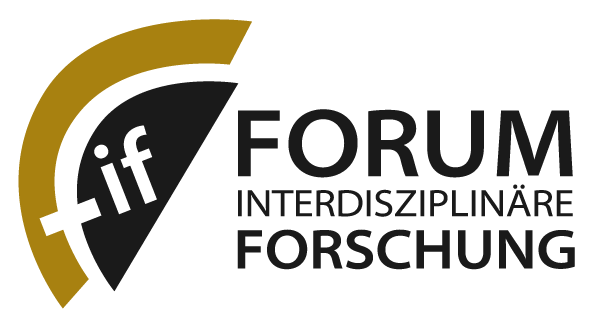Synthetic resistant bacteria
Period: 11.2022 – 7.2024
---
Prof. Holger V. Lutze
Umweltanalytik und Schadstoffe (UaS)
Prof. Torsten Waldminghaus
Molekulare Mikrobiologie (MMb)
---
Project description:
Disinfection is a very important tool to provide safe drinking water. However, climate change may cause increasing temperature, nutrient content, and wastewater contents in water resources which promote pathogen growth. Hence, chemical disinfection to prevent e.g., regrowth of pathogens in water distribution systems may become more important in future, which potentially also boosts the development of pathogen resistance against disinfectants. The present project will largely improve the understanding of disinfection mechanisms to estimate pathogen adaption. Interestingly, the reactions of chlorine dioxide (ClO2) can form free chlorine which may improve the disinfection. To investigate this phenomenon, genetically modified Escherichia coli will be enabled to synthesize designed peptides which can selectively scavenge ClO2 and free chlorine. The system will be used to characterize the mode of chemical disinfection in great detail. The results of this work provide insights in the potential of pathogens to adapt to water disinfection and help to develop water treatment options to prevent this adaption.



